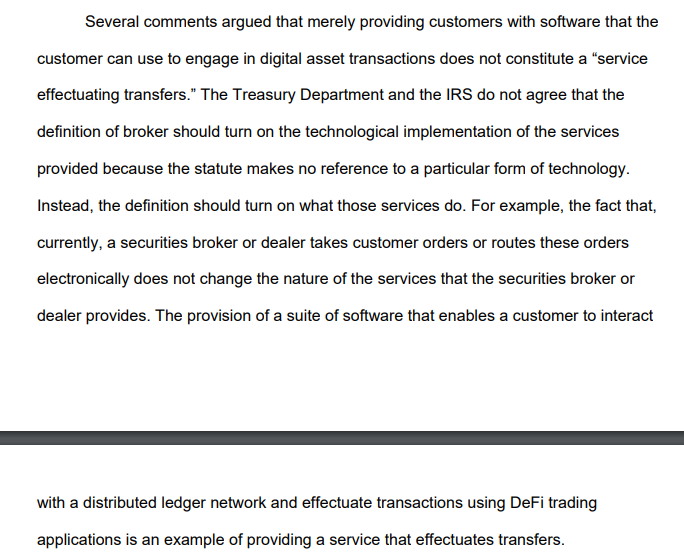you asked, we delivered--you can now do your SAFE + Token Warrant round on MetaLeX. . .sign & close onchain--no Docusigns, no chasing funds!
investor gets 2 NFT certificated securities with a tradeability toggle
real internet capital markets 🖖😎
cybercorps.metalex.tech
investor gets 2 NFT certificated securities with a tradeability toggle
real internet capital markets 🖖😎
cybercorps.metalex.tech

• • •
Missing some Tweet in this thread? You can try to
force a refresh







